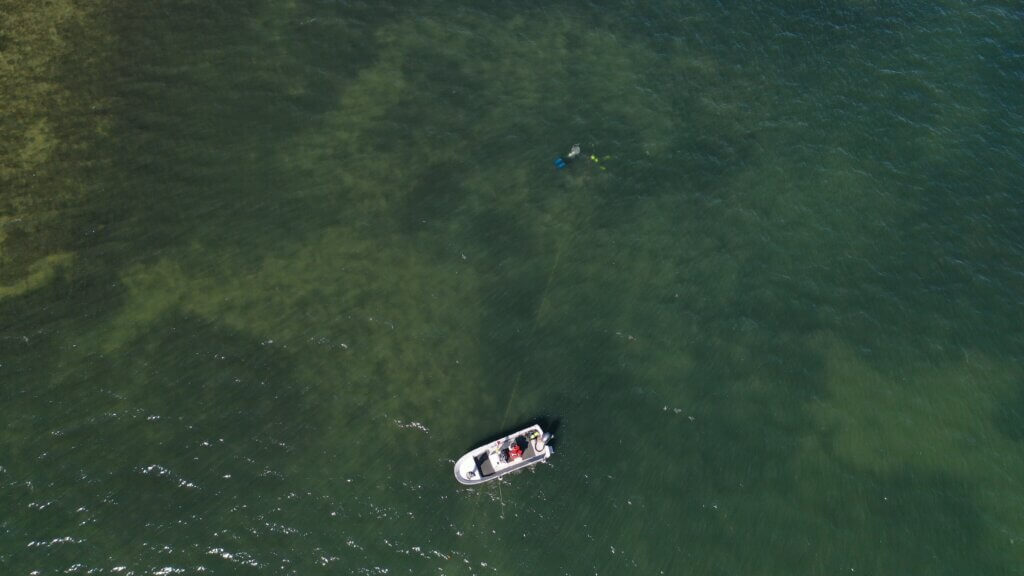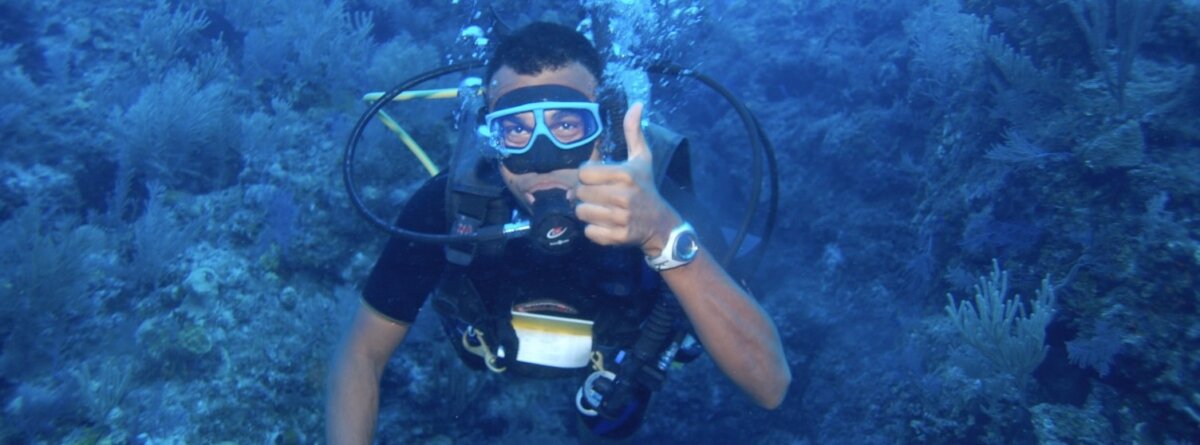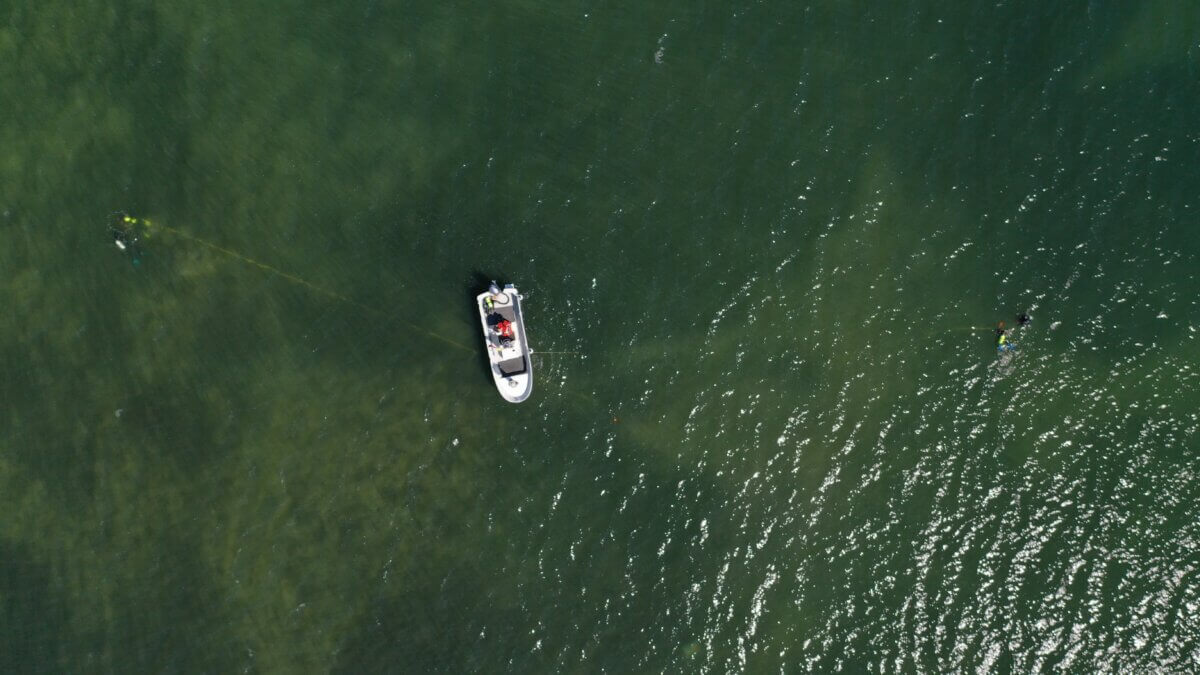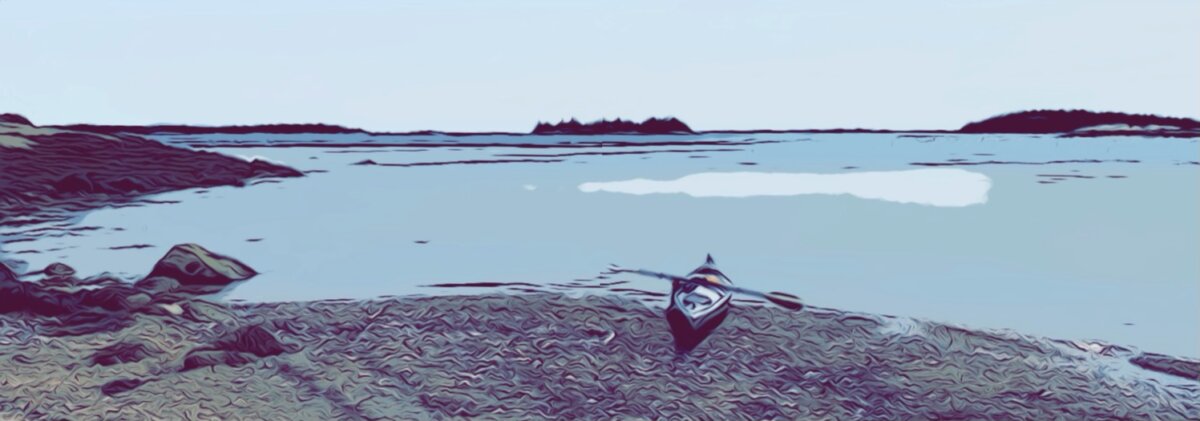Piloting Team Zostera in 2021
At this inception stage, the purpose of Team Zostera is to align closely with other citizen stewardship efforts across the globe and specifically seagrass mapping initiatives in Casco Bay. Given that there are other citizen science efforts in the greater Gulf of Maine as well as elsewhere, Team Zostera recognized it needed to do some homework and outreach to learn from what others were doing. First, however, we needed to identify if this was feasible from a safety and logistics perspective, if there was interest from other volunteers and confirm that core partners felt this was contributing to a better understanding of the dynamic and complex Casco Bay ecosystem. As part of this early phase, we remained in close contact with key leaders in the field of seagrass research, leaders in citizen engagement/stewardship in Casco Bay and those leading regulatory efforts associated with eelgrass meadows. The results were encouraging as we explored issues of logistics, dive safety, quality assurance/quality control of the data gathering, target sites, reference sites, white shark presence, key management questions, and further evaluated the potential demand and willingness for public participation into the future. We recognized that this must not be a short-term effort and instead needs to be a long term commitment for the data to be valuable and useful as contributions to management decisions.
We began with two target sites that were chosen by Maine DEP staff as central to management issues including a wastewater treatment outfall site near East End Beach off Portland Maine (Figure 3) as well as second site near Ft. Gorges (Figure 4) between Peake’s Island and Portland Maine. The third site will be a reference site that is still to be determined for 2022. In the summer of 2022, Team Zostera will work with Maine DEP to conduct maintenance on the eelgrass sites, and establish the new reference site. Likely actions include deployment of light sensors (to track the levels of photosynthetic active radiation) and date loggers to track basic water quality.




